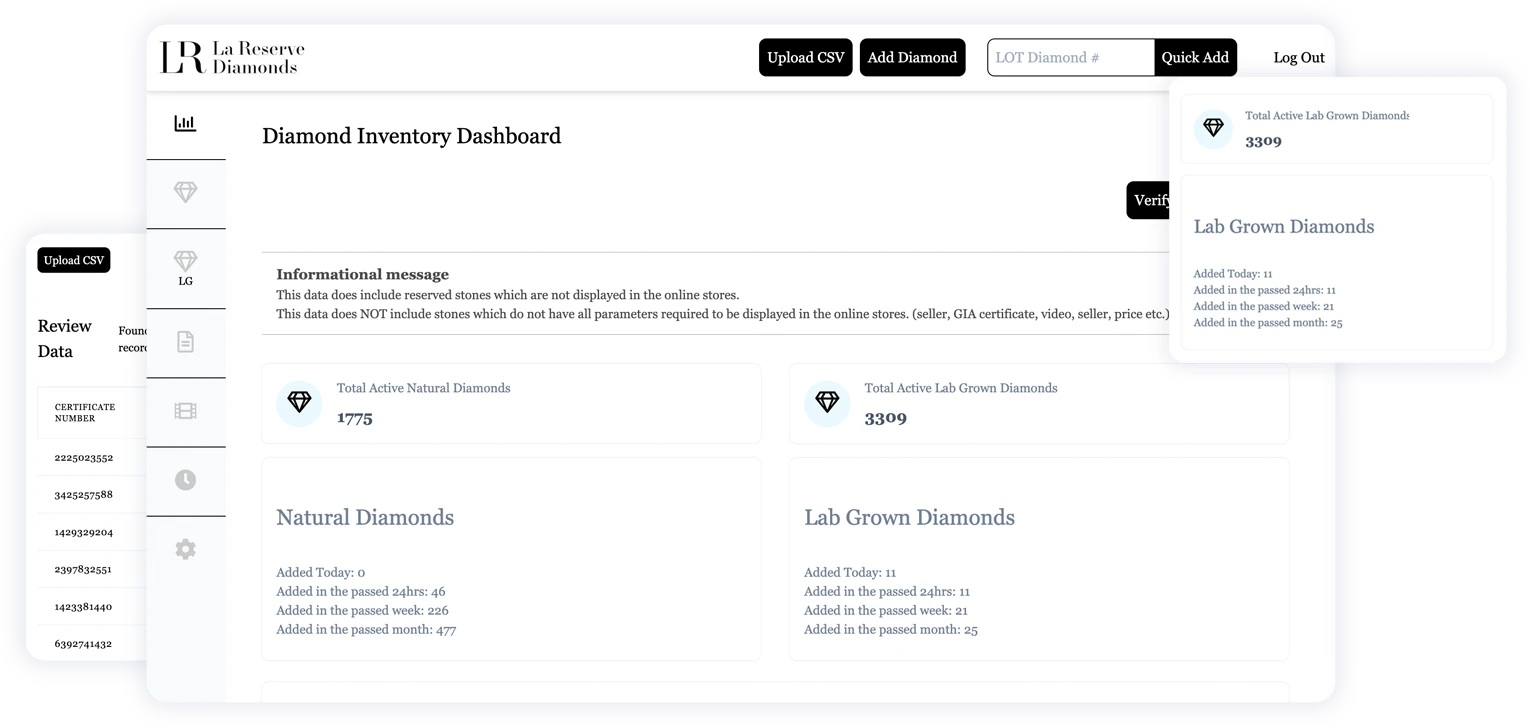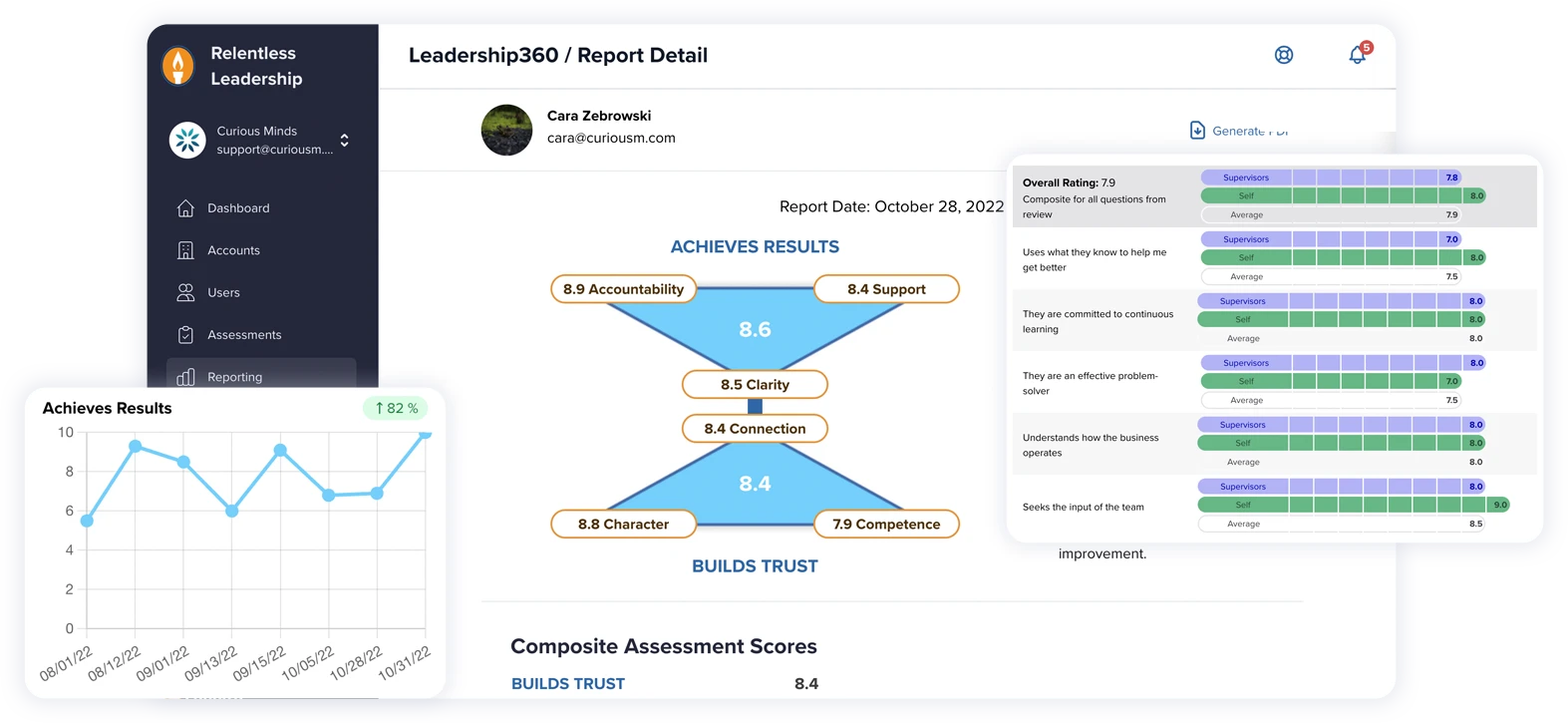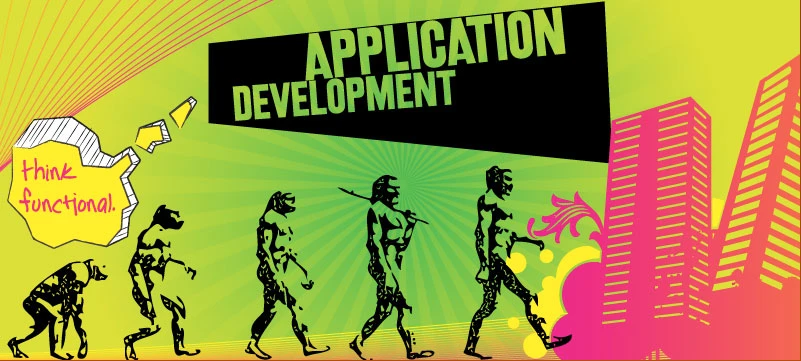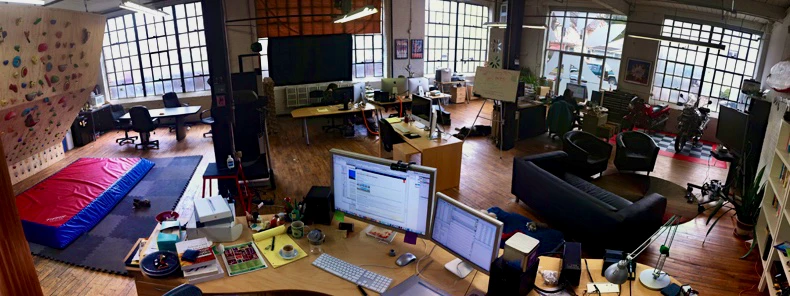AI tools have transformed technical SEO from a reactive checklist into a proactive strategy. At Curious Minds Media, we’ve seen how AI can support human expertise—not replace it—to improve site performance, spot technical issues faster, and reduce manual overhead without sacrificing quality.
We use AI strategically as part of broader workflows that prioritize EEAT (Experience, Expertise, Authoritativeness, and Trustworthiness). That means pairing intelligent automation with real-world expertise, careful QA, and a clear understanding of user needs. The result? Smarter audits, faster fixes, and websites that perform better across both search engines and user experiences.
How We Use AI to Power Technical SEO Audits
AI doesn’t replace technical SEO audits—it accelerates them. We use AI tools to scan client sites for crawl issues, structured data gaps, mobile usability errors, and more. Because AI tools process vast datasets quickly, they often surface issues that wouldn’t be obvious through manual checks alone.
Take Screaming Frog, for example. It has significantly expanded its AI capabilities through integrations with OpenAI, Gemini, Anthropic, and Ollama. These integrations allow AI prompts to run in real-time during site crawls. That means we can configure prompts to analyze HTML, extract text, and flag problems while the crawler is running. We can even segment prompts—for example, generating alt text only for images that lack descriptions or using semantic embeddings to detect duplicate or off-topic content clusters.
Its newest releases support:
AI-driven suggestions for improving meta titles and descriptions
Pattern recognition to identify thin or low-value content based on vector embeddings
Intelligent schema auditing, including recommendations for markup additions
Multi-target prompts that combine content extraction, classification, and enhancement in a single pass
For technical SEO teams managing complex websites, this is a game-changer.
We pair Screaming Frog with SEMrush’s AI-enhanced Site Audit tool. SEMrush automatically prioritizes issues by severity and impact, generates optimization suggestions, and integrates seamlessly with Google Search Console data to track changes over time. These platforms complement each other—Screaming Frog digs deep, SEMrush helps us scale that insight into ongoing workflows.
Once we’ve gathered this data, we combine it with user analytics and business goals to shape an actionable SEO roadmap. This includes technical priorities, performance fixes, and opportunities for content enhancement.
AI in Diagnosing and Improving Site Performance
Speed and usability still make or break a user’s experience—and they’re critical for SEO. That’s why we use AI tools to monitor performance indicators in real time, across both desktop and mobile. These tools help identify uncompressed images, render-blocking scripts, or inefficient code paths, so our developers and SEOs can act quickly.
A hypothetical example: A nonprofit’s resource library was underperforming despite solid backlinks and content. We used an AI-powered performance tool to identify JavaScript blocking issues and redundant third-party scripts. After streamlining the code, page speed scores improved—and organic traffic to those pages rose by 23%.
With AI diagnostics, we’re not guessing. We’re using data to back up every decision.
Where Automation Works—And Where We Step In
AI is great for surfacing and even fixing common problems: broken links, missing alt text, duplicated meta tags. But it can’t understand your brand voice, product complexity, or content priorities. That’s where our team comes in.
We use AI to automate what’s safe to automate, like site crawls or simple schema injections. From there, we focus on what matters most: QA, voice, cross-functional alignment, and impact. One client used to spend days manually updating metadata across thousands of product pages. With a light-touch automation workflow we set up, those updates now take minutes—and every change still runs through a human check before it goes live.
That balance of automation and quality control is what makes AI technical SEO work in the real world.
Integrating AI into Ongoing SEO Workflows
AI is most useful when it’s built into your systems—not tacked on after the fact. At Curious Minds Media, we bake AI into our SEO workflows through:
Monitoring scripts that flag major issues before they impact rankings
Connecting audit tools to Google Search Console or analytics dashboards for real-time tracking
Using AI-generated reports to plan technical sprints more efficiently
Importantly, we don’t just dump data into dashboards. We translate it into action. For example, we might use AI to rank errors by their likely impact on SEO or UX, then guide the dev team toward the highest ROI fixes.
Why Curious Minds Media Believes in Human-AI Collaboration
We don’t believe in replacing people with AI. We believe in giving people better tools.
For SEO teams already stretched thin, AI can offload the tedious work—if it’s set up correctly. But the wins come when you combine that efficiency with human insight, strategy, and cross-disciplinary collaboration.
We focus on content quality, technical soundness, and trustworthy publishing—all backed by EEAT principles. That means:
Verifying technical fixes improve UX, not just scores
Making sure AI-generated recommendations align with brand and business goals
Ensuring every action is traceable, explainable, and tied to a performance outcome
Curious Minds Media helps brands build SEO programs that scale—with integrity.
Our Preferred AI-Powered Tools
As AI evolves, so do the tools. Screaming Frog’s AI integration capabilities include:
Direct API connections to LLM providers like OpenAI, Gemini, Anthropic, and Ollama
In-crawl prompting for real-time page and HTML analysis
Preset and custom prompt libraries for SEO tasks like alt text generation and meta description rewriting
Vector embeddings for detecting semantic similarity and clustering content by topic
Segmented prompts that target only pages with issues to reduce cost and improve efficiency
Support for custom AI endpoints and future extensibility
SEMrush adds another layer with AI-based issue prioritization and fix planning. Its integration with performance analytics helps teams focus where it matters most. Used together, these platforms make audits faster, more comprehensive, and more actionable.
If you're looking to make your SEO more efficient, scalable, and intelligent—without losing sight of what actually matters—we can help.
Curious Minds Media works with brands, nonprofits, and agencies to create SEO strategies that perform. Our approach blends automation and editorial rigor to deliver real results. Want to know how we’d apply this to your site? Let’s talk.


















